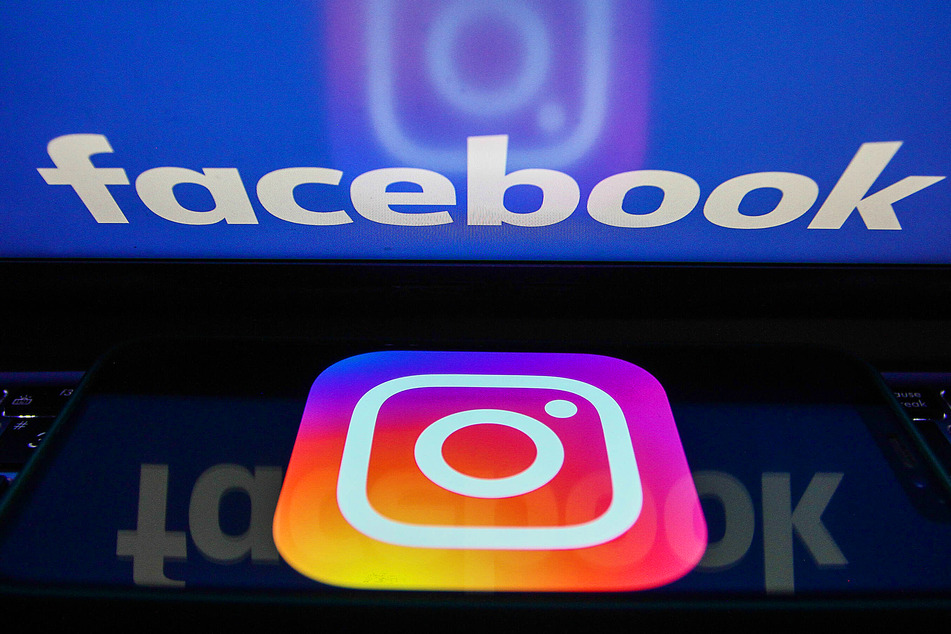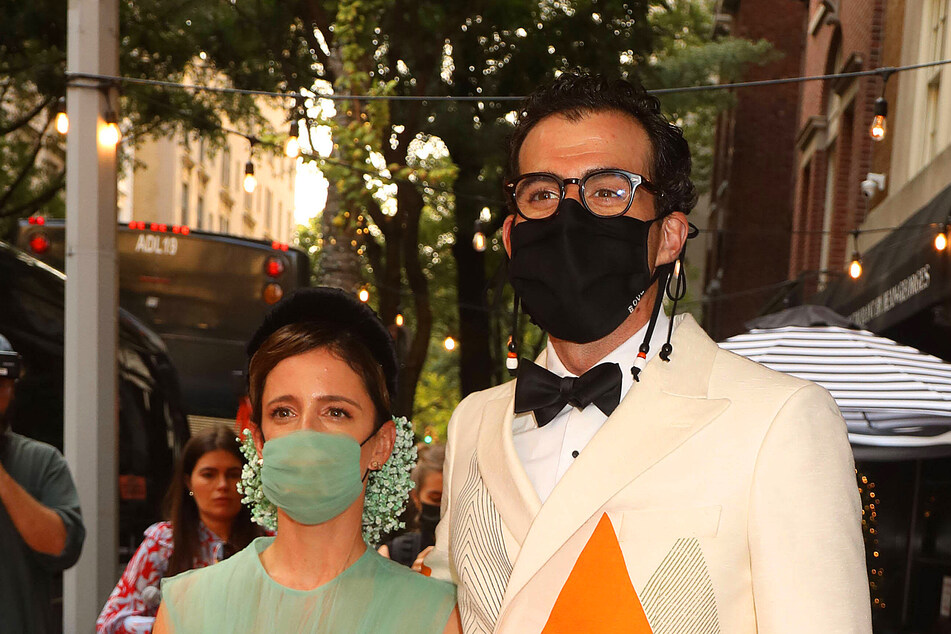Instagram is hurting its young users – and Facebook knows it
Menlo Park, California - The infinite scroll can help pass the time, but Instagram's most addictive design features are pathological. Company researchers knew this as early as 2019.

The Wall Street Journal continued its reporting on leaked Facebook documents, this time detailing internal data which shows that Instagram knows how bad the social media app is making young adults and teens feel.
The results come from focus groups, online surveys, and diary studies in 2019 and 2020, and a large-scale survey in 2021, all of which was collected and analyzed by Instagram.
The research discovered that 39% of users in the US thought they had to have a "perfect body," while 41% felt like they were not attractive, and overall one in three teen girls have harmful body image due to Instagram.
Teen boys are also hit by the Instagram effect. A Facebook study in 2019 found that 14% of boys in the US felt worse about themselves due to Instagram.
One year later, the company's research found that 40% of boys feel negative when they compare themselves to others.
A section of the Instagram research said that the Explore section, where users get funneled through a never-ending stream of suggested content, is a huge contributing factor. The eternal scrolling can end up showing users only the best of the best. This sets an unrealistic standard for looks and lifestyle.
"Social comparison is worse on Instagram," is what Facebook’s 2020 analysis of girls' body image showed.
Other apps like TikTok or Snapchat focus on performance and filtered faces, respectively.
The focus on how you "should" look and how you should live are made more damaging by the features like the Explore section, which are at the platform’s core. And Instagram seems well aware of this.
Official Instagram response tries deflection and distraction

Adam Mosseri, the head of Instagram, replied with a tweet after the Wall Street Journal published its report:
"The WSJ's story today on research we’re doing to understand young people’s experiences on IG casts our findings in a negative light, but speaks to important issues. We stand by this work and believe more companies should be doing the same"
He also linked to statement on Instagram research that included this problematic section:
"Social media isn’t inherently good or bad for people. Many find it helpful one day, and problematic the next. What seems to matter most is how people use social media, and their state of mind when they use it."
This is dangerously close to saying that the teens and young adults who develop pathological body image, eating disorders, feelings of inadequacy, loneliness, or thoughts of self-harm are really just using the app the wrong way, at the wrong time.
The statement also has a final section on "What we're doing". There are links to Instagram's efforts to deal with bullying and self-harm on their platform.
However, as far as the systemic issues of unhealthy body image amongst younger users, especially teen girls is concerned, nothing is currently being done. At the time of writing, clicking the hyperlinked "eating disorders" to see what Instagram is doing about it leads to a page that doesn't work.
Ultimately, there's an issue with transparency. This kind of research only seems to reach the public through reports like the ones published by WSJ on Facebook VIP program XCheck, which rely on leaked internal documents.
The treasure trove of documents is likely to bring even more insight into what Facebook knows is messed up with its platforms. It may be the long way to transparency, but Facebook is currently making it the only way.
Cover photo: IMAGO/NurPhoto/xJakubxPorzyckix